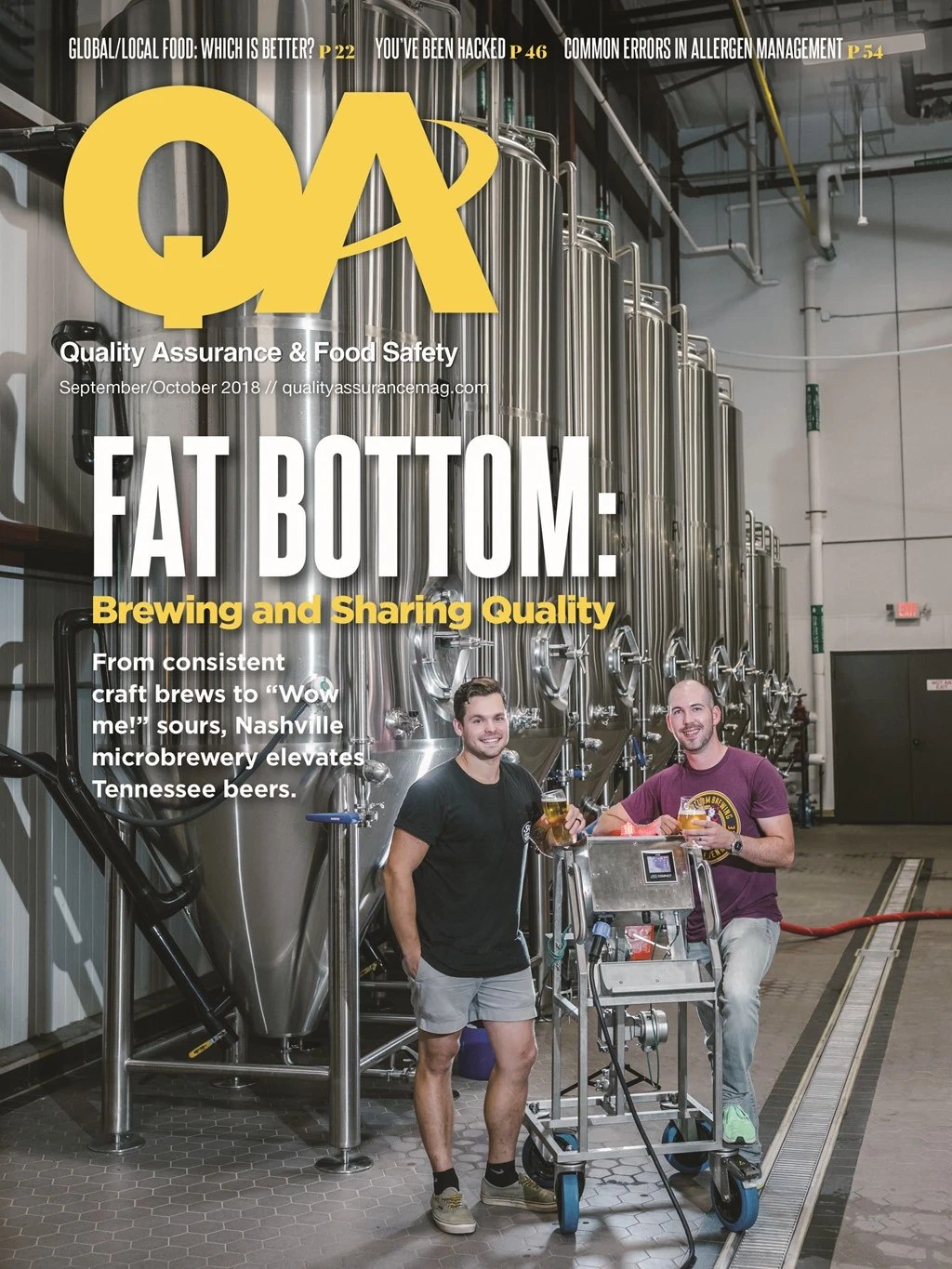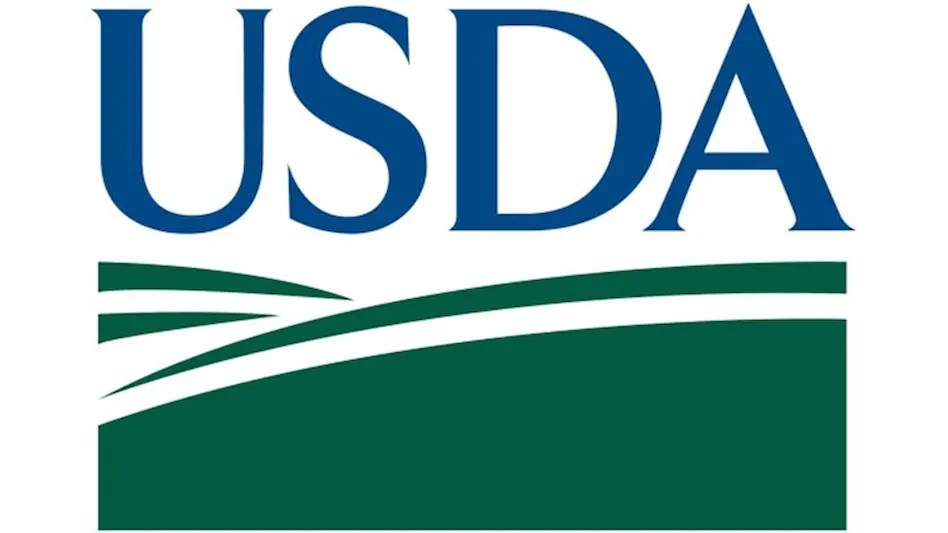
The food and nutrition industry has been trending toward more organic foods for some time, with a particular emphasis on products free of bioengineering. Non-GMO claims have been increasing as brands are becoming more motivated to respond to consumer food preferences. Director of Business Development, Mérieux NutriSciences’ GMO Services, Todd Napolitano, explains.
1. Are there specific GMO trends that are particularly prevalent in the food industry right now?
I think we can all agree that millenials are a major force shaping consumer trends. This generational demand for “more” or “better” is challenging the way the food industry does business, from the shelf down to the supply chain. In particular, the explosion in organic, and other non-GMO products, reflects this burgeoning demand for options that are thought to be healthier.
2. What is the current state of affairs with “organic” and “non-GMO” labeling?
There is a general sense of distrust among younger consumers toward both government and corporations. It’s an issue of quality. The industry is seeing more and more misrepresentation (or flat-out fraud) in products labeled “organic,” “non-GMO,” and so on. We are finding a significant percentage of “verified” organic or non-GMO products that are being tested positive regardless of who is certifying it. So, it’s absolutely imperative to verify the myriad claims out there.
3. Do you think the forthcoming USDA regulations will help prevent mislabeling and fraud?
The National Bioengineered Food Disclosure Standard is mostly concerned with technical feasibility. While disclosure is required for many items, there are still multiple paths to exemption. Also, there are no penalties currently stipulated for violation other than an on-site USDA audit, with the results being made available to the public via a dedicated website. Thus, it seems to me that civil litigation will provide a corrective mechanism for validating label claims.
4. What is the best approach to help companies protect themselves and remain compliant?
GMO labeling is not just about sales and marketing, but also about risk mitigation. When a company represents claims passed up through their supply chain, based solely on some set of best practices, it assumes a tremendous amount of risk. I recommend a risk/compliance assessment of a product line vis-à-vis the regs, followed by a quality system based on surveillance and risk mitigation — not just on the plant level but straight down the supply chain.
5. Are there new technologies to meet these new legal requirements?
Yes, so glad you asked! Mérieux NutriSciences’ scientists have been working hard to address these concerns. We have state-of-the-art, DNA-based technology for ensuring authenticity and validating label claims, real-time PCR, next generation sequencing, and our latest capability — Environmental GMO Swabbing. This gives companies deep insight into what’s going on in their facilities. We also are developing programs to verify how you’re managing your GMO and non-GMO containing ingredients/products within your facility.
Reach Todd directly at todd.napolitano@mxns.com.

Explore the October 2018 Issue
Check out more from this issue and find your next story to read.
Latest from Quality Assurance & Food Safety
- Bird Flu: What FSQA Professionals Need to Know
- Registration Open for 129th AFDO Annual Educational Conference
- Frank Yiannas, Aquatiq Partner to Expand Global Reach of Food Safety Culture
- World Food Safety Day 2025 Theme: Science in Action
- Ancera Launches Poultry Analytics System
- USDA Terminates Two Longstanding Food Safety Advisory Committees
- Catalyst Food Leaders Announces Virtual Leadership Summit for People in Food
- Food Safety Latam Summit 2025 Set for Mexico City





